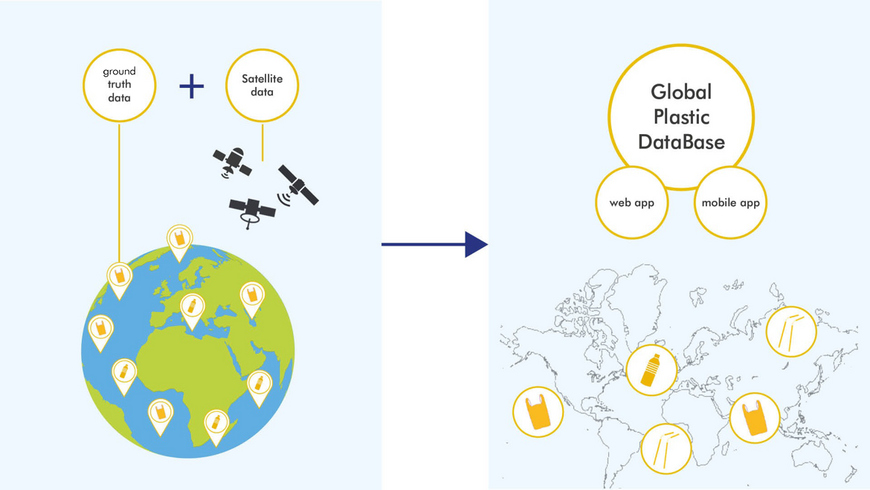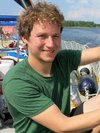Funding by: ESA
Funding ID: 4000131042/20/NL/GLC
Project executing: ESA-ESTEC
Funding period: 08/2020-01/2022
Project partners: isardSAT Spanien, Prototyp Schweden, Zero Plastic Working Group
Satellite remote sensing has demonstrated great potential to become a breakthrough in the mapping of marine litter. One limiting factor for its full development is the access to reliable, extensive, and consistent ground truth of plastic occurrence in the ocean. Some of the best performing technologies for image analysis today were built using open labeled databases, such as the ImageNet database for convolutional neural networks. In Ocean Scan, we propose the creation of an inclusive labeled global ocean plastic database and platform. Ocean Scan is a platform that integrates observations of marine plastic in a database optimized for its exploitation in combination with satellite data, allowing the ingestion of observations and the launch of data rescuing campaigns at sea, ensuring a consistent data format and schema to fit the requirements of remote sensing technologies. The database is accessible through 2 different interfaces: - A website to explore and access matching ground truth to satellite experiments, with selectable baseline options in time, space and sensor type. - An app to input geolocalized and timestamped information, with options for pictures to facilitate the data labelling. With a number of observations significantly larger and geographically more diverse than a research campaign, it enables the whole scientific community to work globally, and tackle the problem collaboratively. The consortium counts with the Zero Plastic Working Group, coordinated by the World Network of Island and Coastal Biosphere Reserves from the UNESCO and Marine Sciences For Society, representing the plastics pollution scientific community. isardSAT as the technology developer and expert in microwave technologies, GFZ as expert on spectral technologies, and Prototyp, a code lab focused on reaching citizens through applications. The Ocean Scan aims to be publicly available, for instance, to boost artificial neural networks approaches on this topic.



